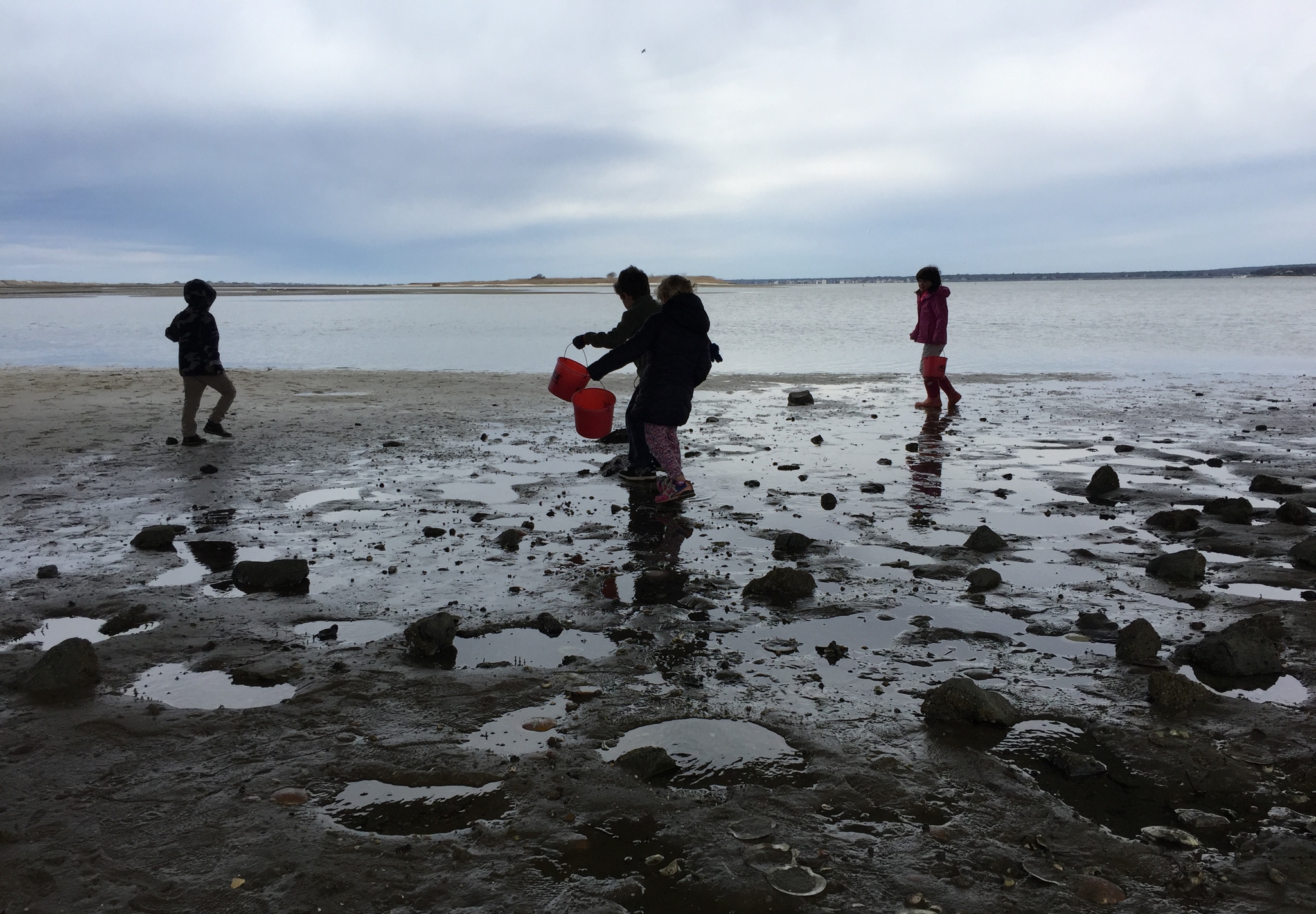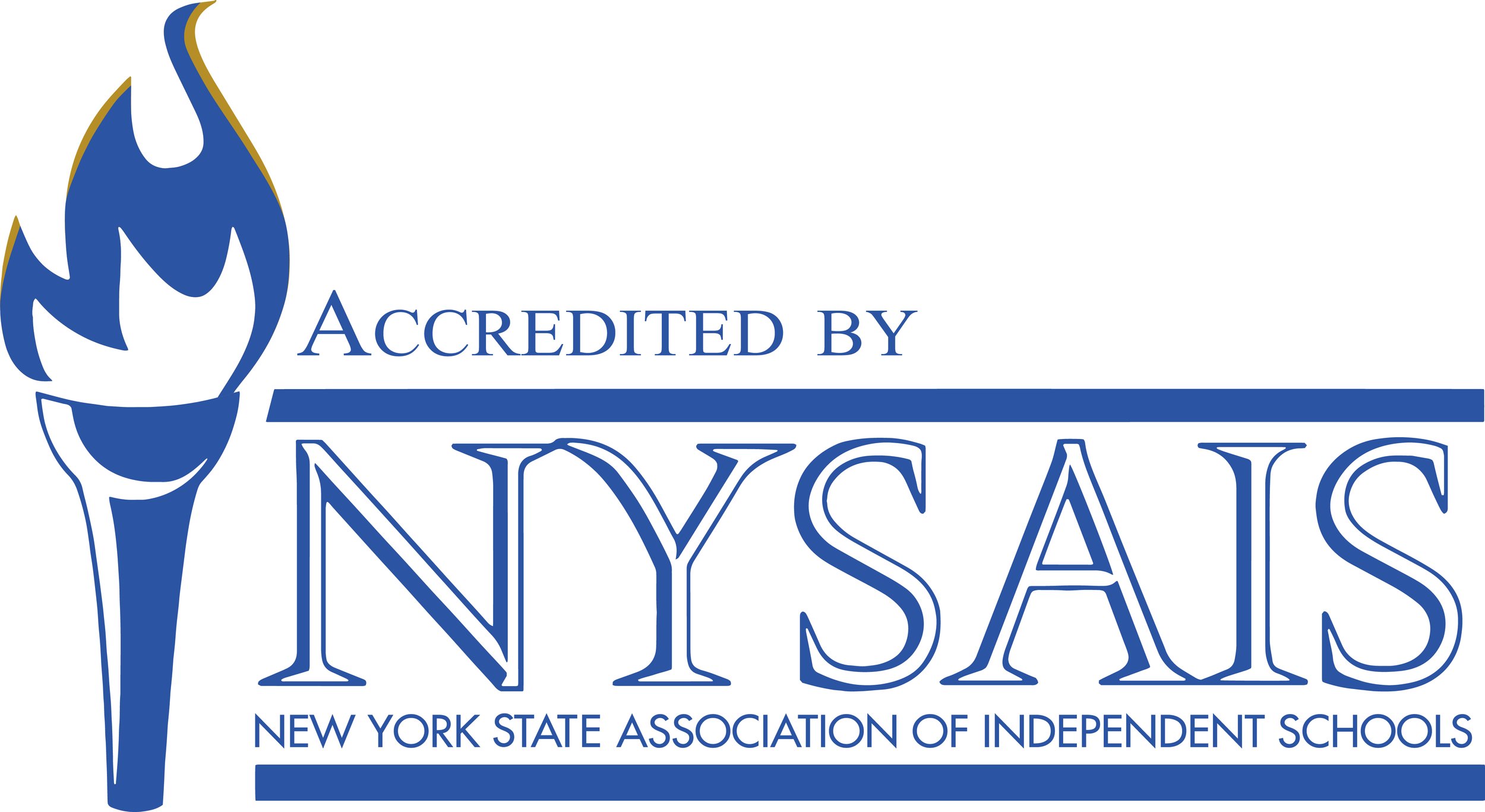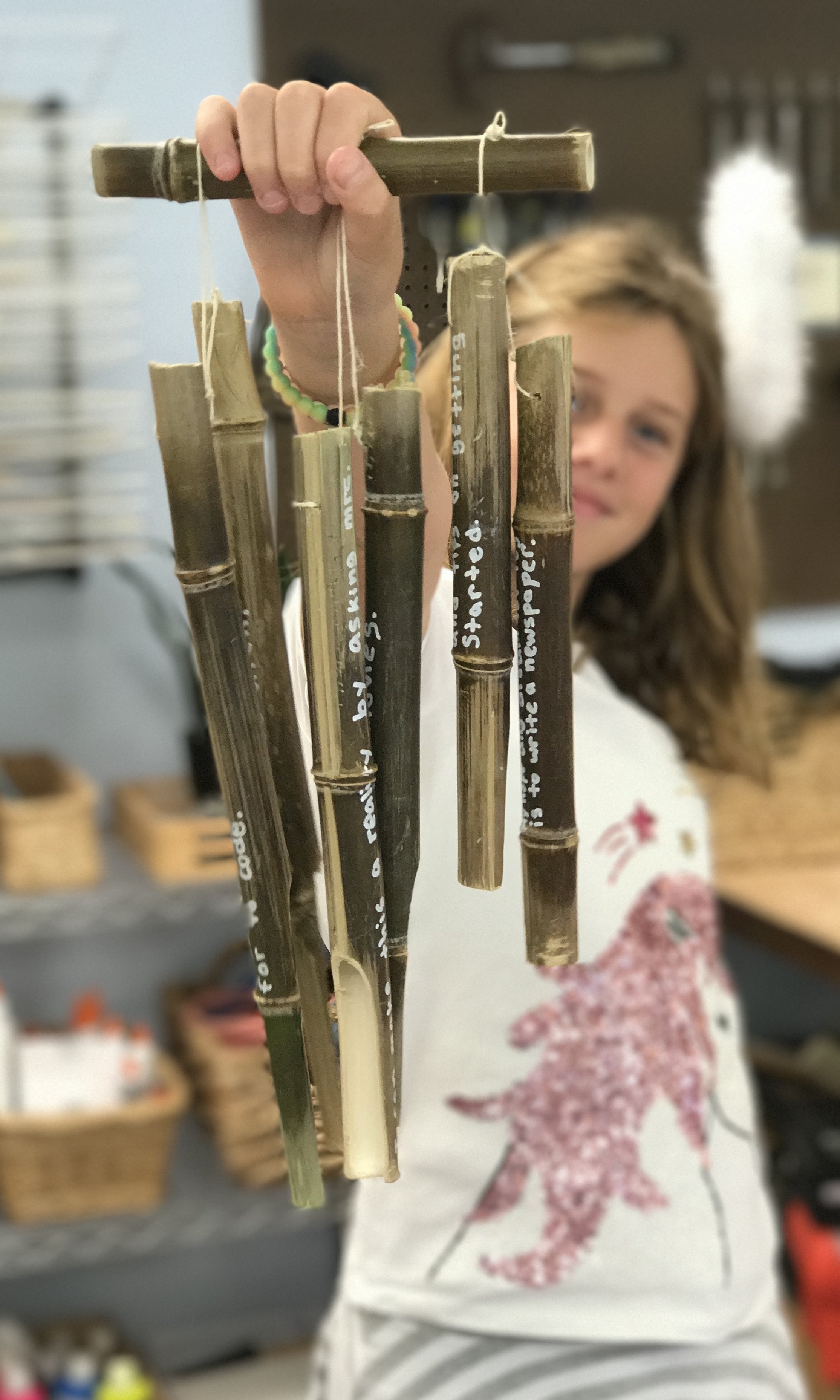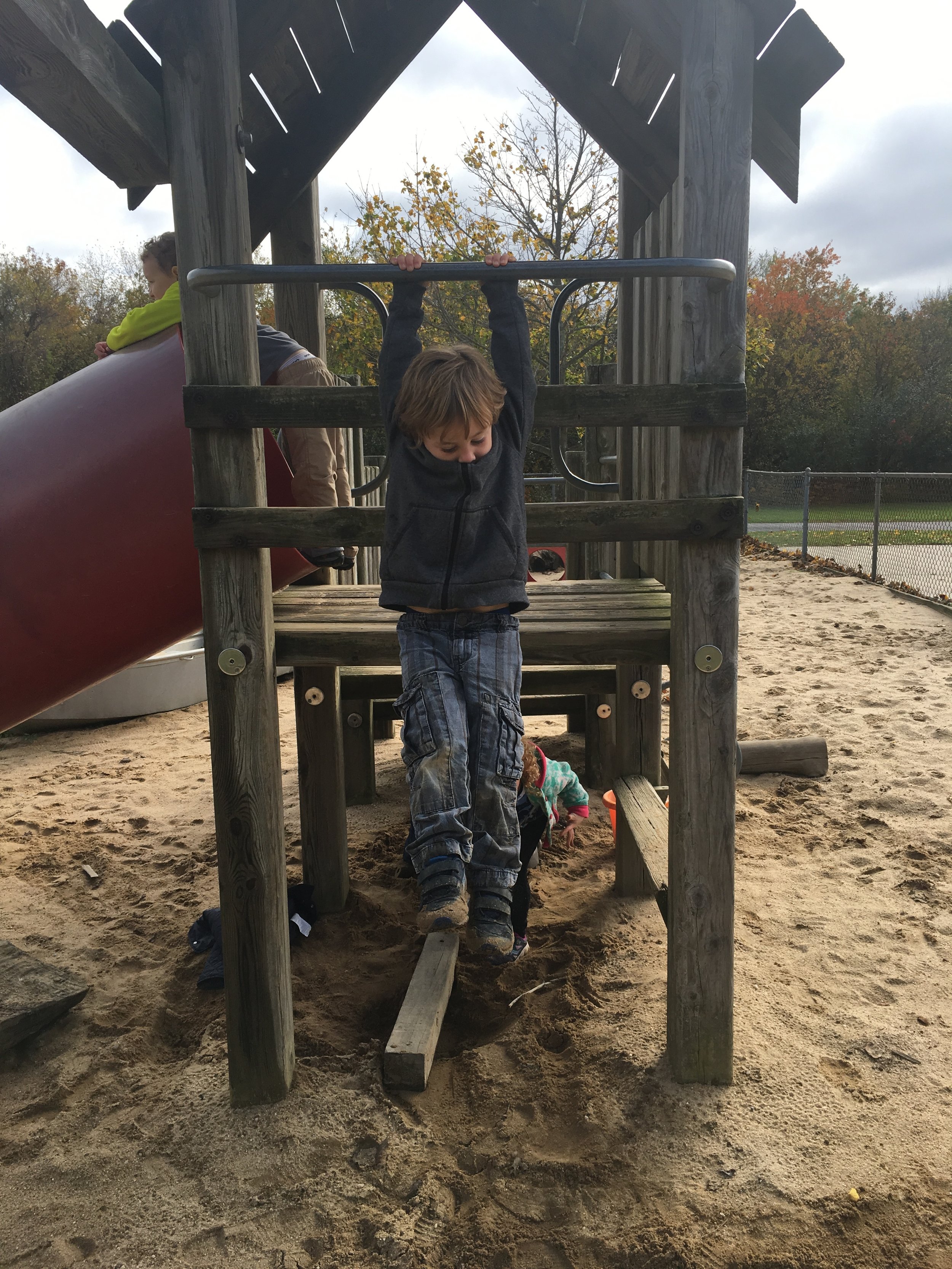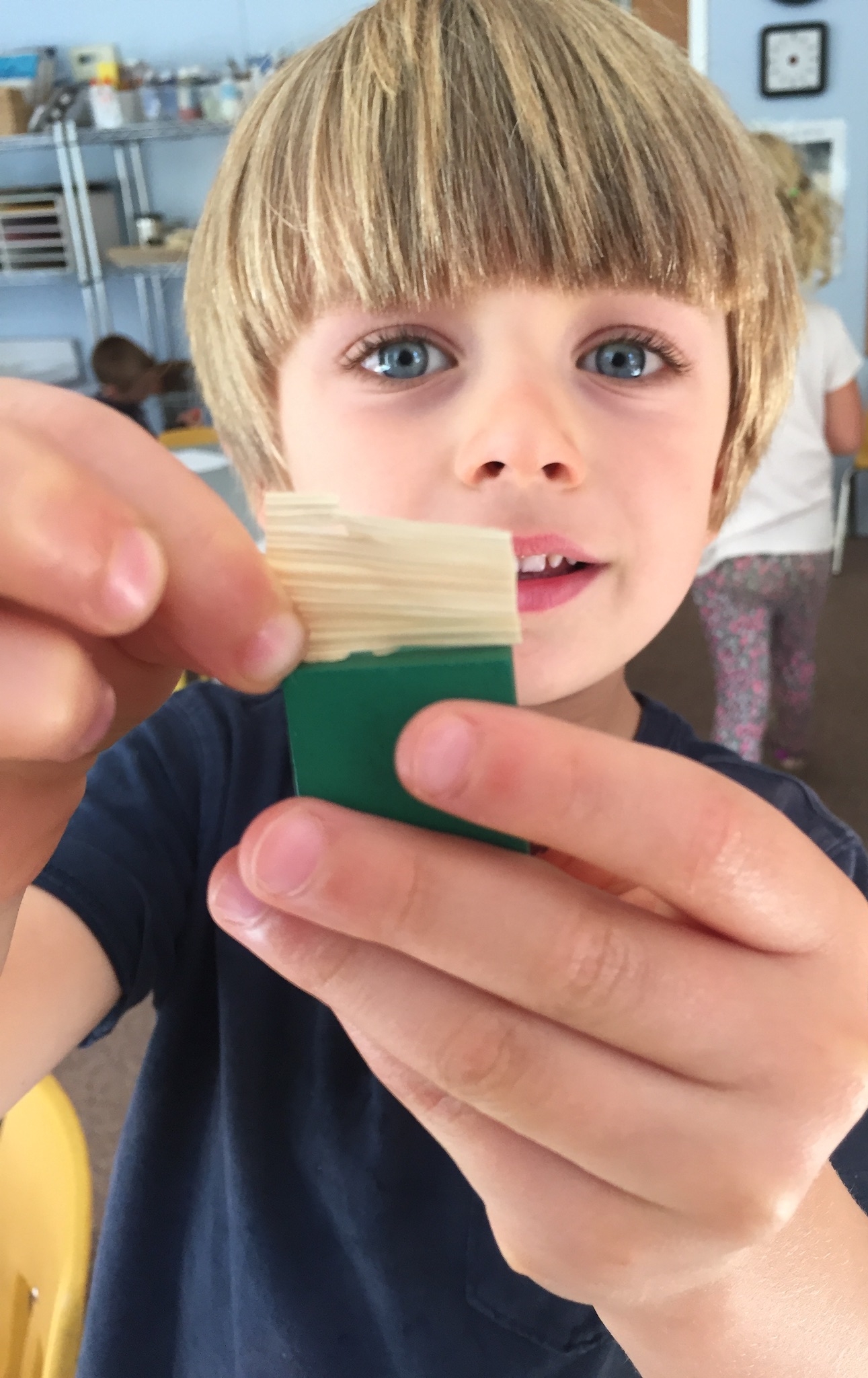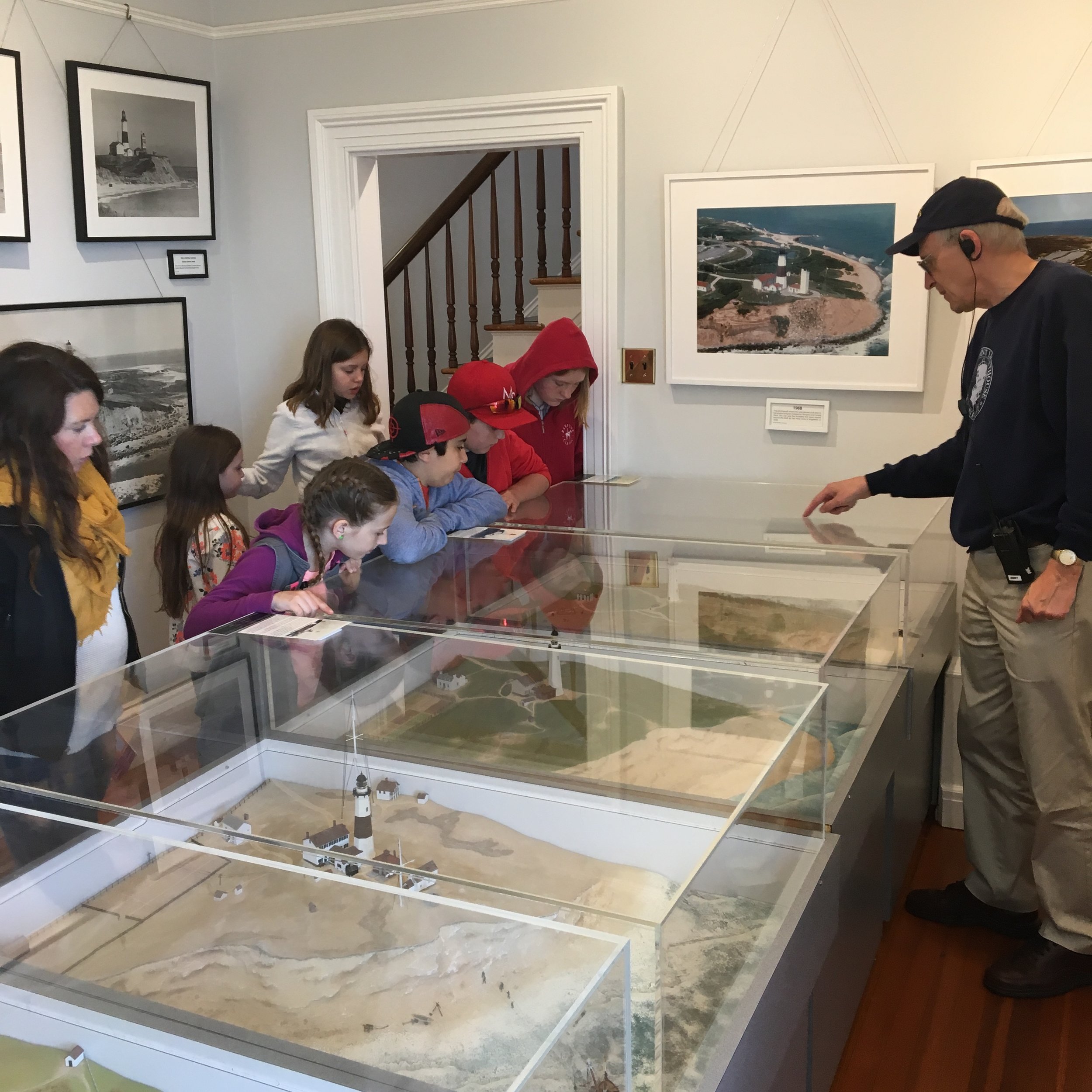

世界杯2022年c罗
Progressive education for the East End of Long Island.
Peconic Community School is an independent school on the East End of Long Island offering accessible, progressive education with programs from Early Childhood through Grade 8. It is the school's mission to foster resilient, reflective, and compassionate learners.Apply to PCS.
2022年世界杯国足预选赛
世界杯2022南美积分
At Peconic Community School, whether we’re out in the field researching with experts or in the classroom conferring with peers, the goal is the same:to engage insightfully in inquiry.
Inquiring means, of course, asking questions and analyzing problems (these are hallmarks of active learning). But at PCS, we also want studentsto care enough to seek answersto the questions they pose. We want our studentsto want to solve the problemsthey encounter.
Sometimes engaging means heading out to the field to track down an answer or see something firsthand, and sometimes it means slowing down where we are to take a closer look or turn to a friend.
But always it isthis quality of caring– caring to seek, caring to reach, whether outward or inward -- that we hope to inspire in our students. For it is this caring that will in turn inspire children to change the world.
We cultivate this spirit of care at Peconic Community School with an educational approach centered around hands-on, authentic learning experiences within and about our local environment and community (what we refer to asplace-basedandproject-basededucation).

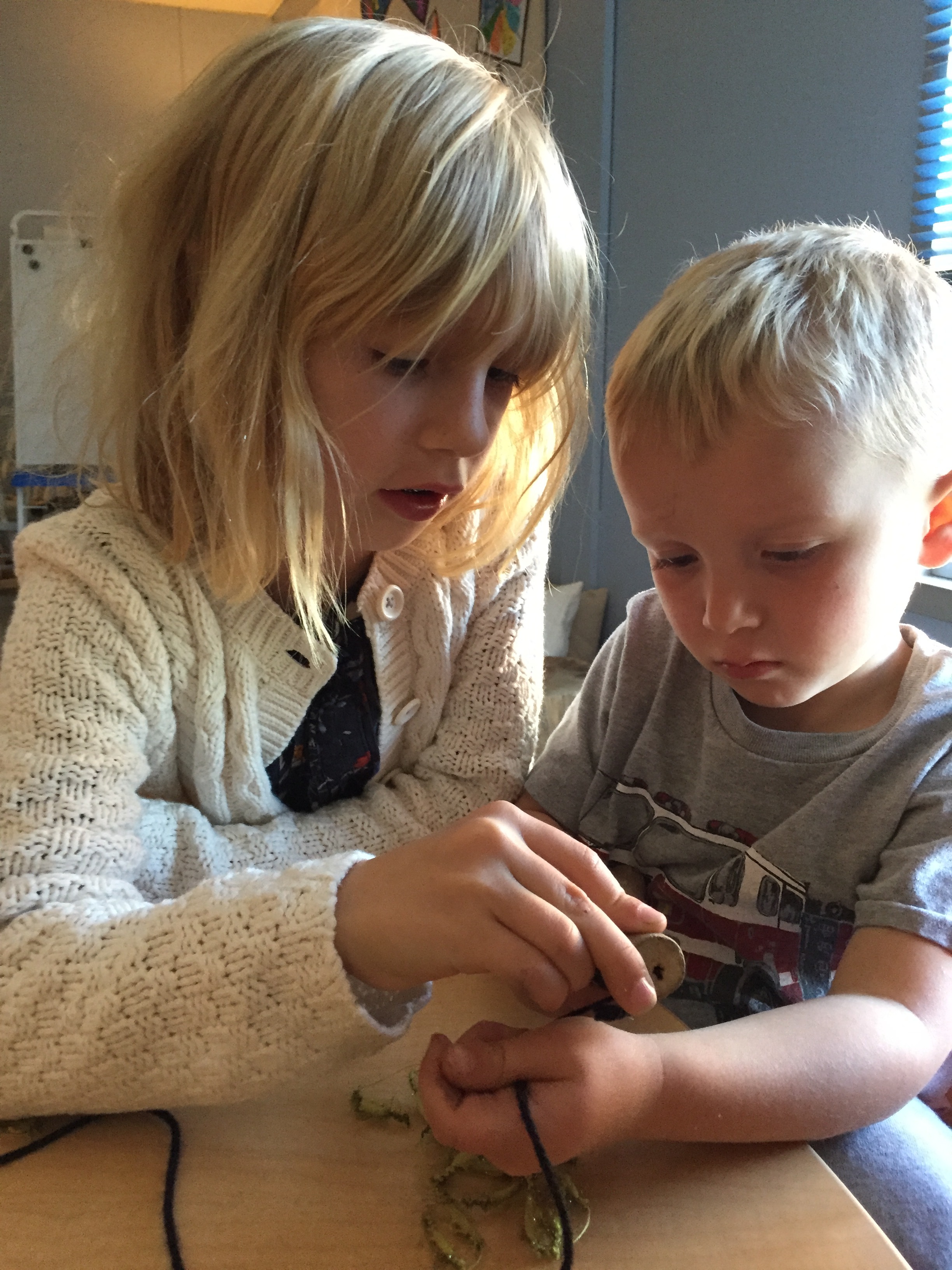
peconic community school curriculum
Integrated, project-based curriculum that is relevant and responsive.
The PCS approach begins with a clear, and bold, vision: education should prepare students to change the world. And, students whoknow how to learnabout the world and whoknow how to careabout the world are in the strongest position to initiate and support positive change.
Learning to care about the world is a dynamic and courageous process shared by PCS students and educators; it is a process that unfolds in real time, both in our classrooms and in our community.
Peconic社区学校的世界杯2022年c罗学生are engaged and inspired by an integrated curriculum that is relevant to their lives, rooted in their place, and responsive to their interests and inquiries.
The PCS approach isintegrated: academic disciplines are combined in thematic study. Like real-world projects, student work at PCS is multi-faceted, multi-disciplinary, multi-dimensional and purposeful, incorporating elements of math, science, art, literature, and history within a social context.
Curriculum at PCS isplace based: students at PCS connect to and learn from our unique place, the East End of Long Island. Its natural resources, its communities of professionals and citizens, its culture and history, anchor the threads of our learning to a local context that is meaningful and accessible to students.
Learning at PCS isproject-based:students engage in hands-on, authentic learning experiences that integrate academic disciplines to develop real world problem solving skills. Students tinker, build, write, calculate, draw, and experiment each day with a curriculum that challenges them to think both critically and creatively.
Education at PCS islearner-centered:flexible curriculum adapts to the diverse and changing learning styles, intellectual interests, and social-emotional development of our students.
Hopes and Dreams
Each September PCS students document their hopes and dreams for the upcoming school year. This year Upper Primary created bamboo wind chimes inscribed with their hopes and dreams to hang in their classroom.Read more about PCS's Hopes and Dreams project.
Learning that answers to kids.
The PCS curriculum is meant to help children's ideas and understanding -- theirknowing-- emerge and grow. Integrated units of study follow intentionally broad themes to allow specific learning experiences to emerge from students’ interaction with the material.
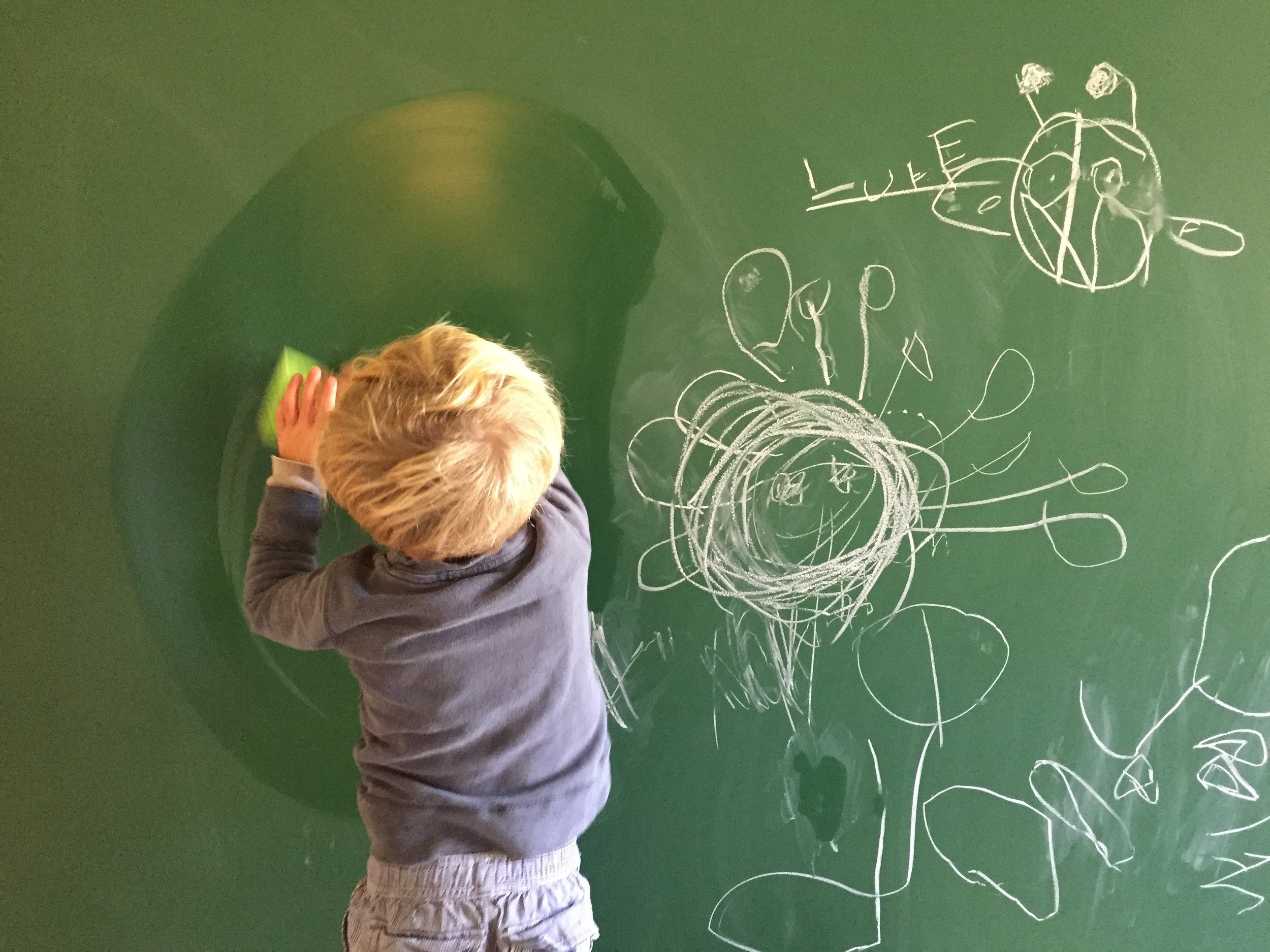
2022足球世界杯分组赛程表
Education at PCS is place-based, which means that students work from and within the environment and communities of Long Island’s East End. This is where learning begins.
It is also where learningGROWS.
When education is connected physically and socially to the local environment and community, students form meaningful relationships with the people and places they encounter.
The more students connect, the more they care. And, the more they care, the more care they take. What we see each year at PCS are students growing into caretakers. We see local stewards: cleaning beaches, planting seeds, and making sandwiches. We see global citizens: writing speeches, raising money, and speaking out.
225
student hopes and dreams realized
65
field trips taken
2
annual maker fairs
825
dollars raised at popup carwash for hurricane relief
500
Sandwiches made by students for homeless of suffolk county
15,000
seeds planted in school garden
1
8 foot whale tail sculpted from marine debris
.

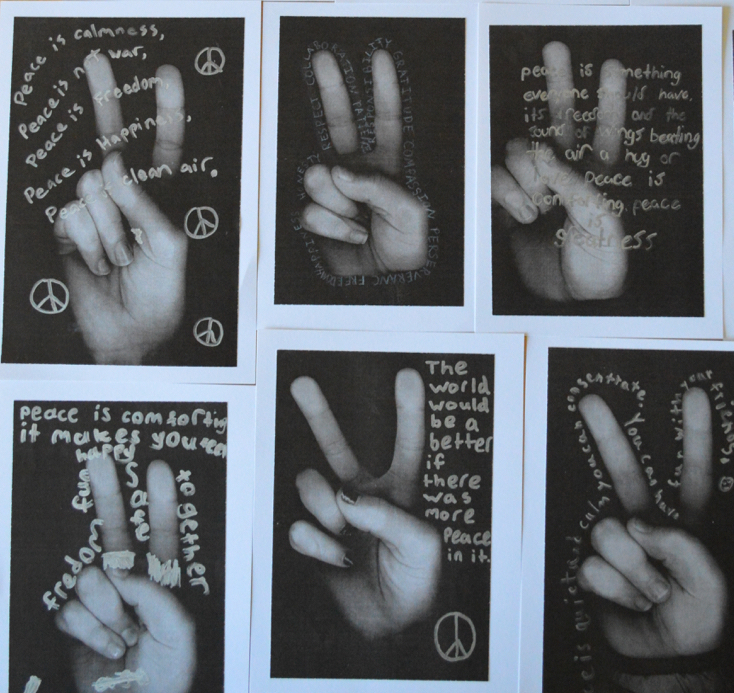
Learning to fly.
resilience is a combination of strength and flexibility
Peconic Community School was founded in 2012 with a clear understanding that modern schools need to educate children for an uncertain future, one whose lifestyles and career opportunities are difficult to predict.
And so, it is withthe goal of fostering resilience, reflection, and compassionthat PCS approaches educating children for the realities of the 21st century.
孩子与不同入渗能力面临挑战nation and grace, who are able to pause and look within to find strength and clarity, and who are able to reach out with courage and understanding (that is, children who are resilient, reflective, and compassionate learners) are uniquely prepared to soar into the future.
The approaches used to implement curriculum at PCS (place-based education, project-based learning, and integrated study) foster these qualities of resilience, reflection, and compassion by engaging and inspiring the whole child.
We believe that children’s social emotional well-being is essential: for engaging the whole child, for achieving academic success, and for growing a thriving, productive community. In turn, a strong, healthy community bolsters the spirit and success of each of its members.
PCS commits to nourishing the emotional and social lives of its students with daily practices in mindfulness and intentional focus on shared Community Values. These approaches foster respect, encourage reflection, and promote active, compassionate citizenship.
Learning at play.
Early Childhood at Peconic Community School is a fully immersive, play-based program that encourages multi-sensory exploration, kindles children's innate sense of wonder, and provides plenty of opportunities for both imaginative play and experimentation with the natural world .
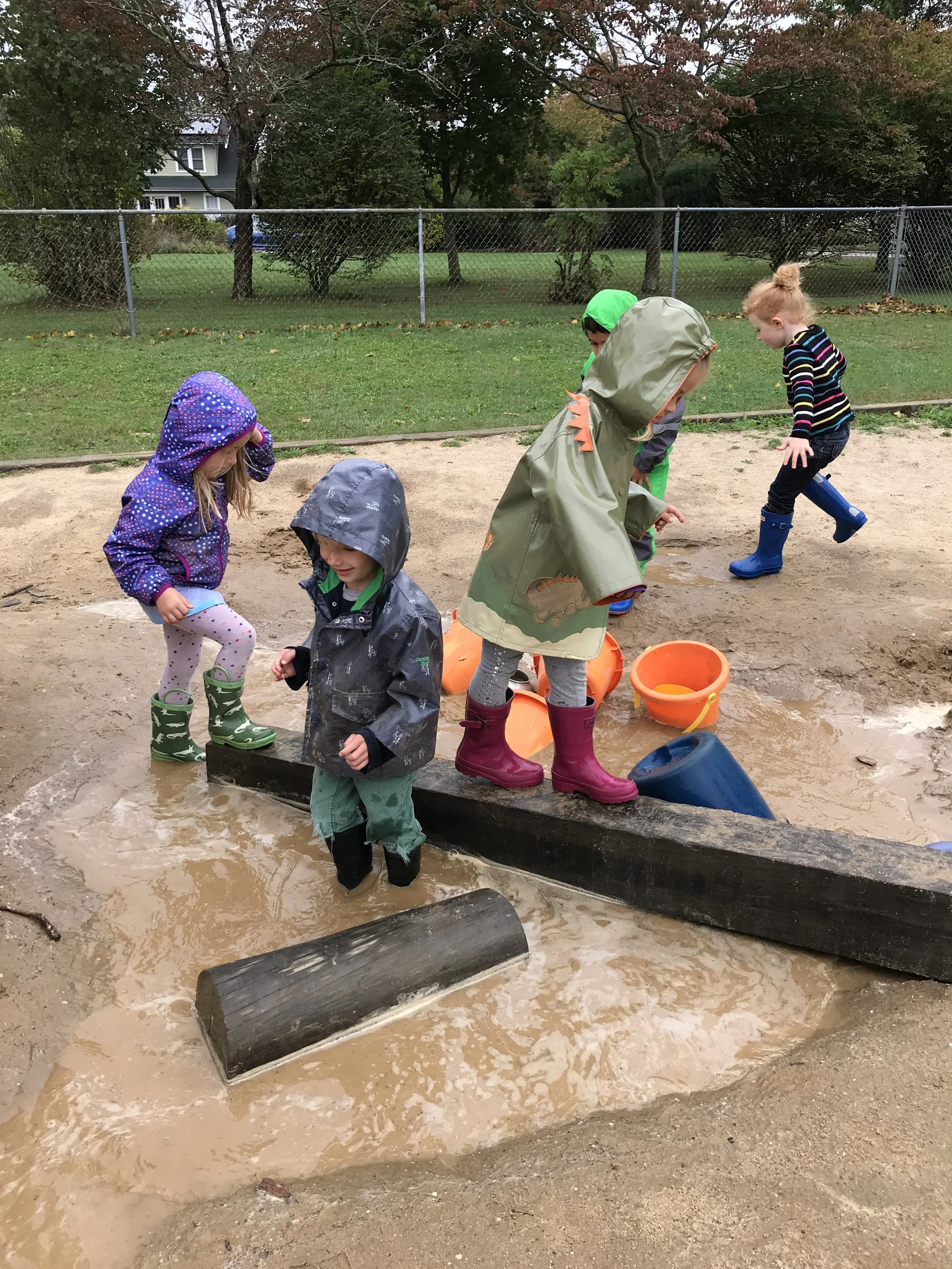
Learning from the heart.
At the heart of a PCS education is a commitment to inspiring students to know and care about themselves, about their community, and about their world. We cultivate this spirit of care by engaging children in a fluid curriculum that is relevant to their lives and responsive to their abilities, interests, and passions.
Education unfolds at Peconic Community School through a dynamic progression of innate wonder, deliberate exploration, critical thought, and creative innovation, all within the context of community interaction.
We believe this approach fosters resilient, reflective, compassionate learners: learners both confidently grounded and ready to head out and explore.
Peconic Community School offers programs inEarly Childhood Education, for children ages 3 and 4,世界杯2022赛程时间表 , for children Grades K through 5, and2022世界杯赛程安排 for Grades 6-8, as well as aSummer Programon Long Island's North Fork.
If you think Peconic Community School is the right fit for your family, we encourage you tocontact usto speak with our co-directors, to arrange a school visit, to meet with our administrators and facilitators, and to introduce your child to the school. We look forward to meeting you!
learning lit from within
You can help ensure more children learn to make their world a better place .
